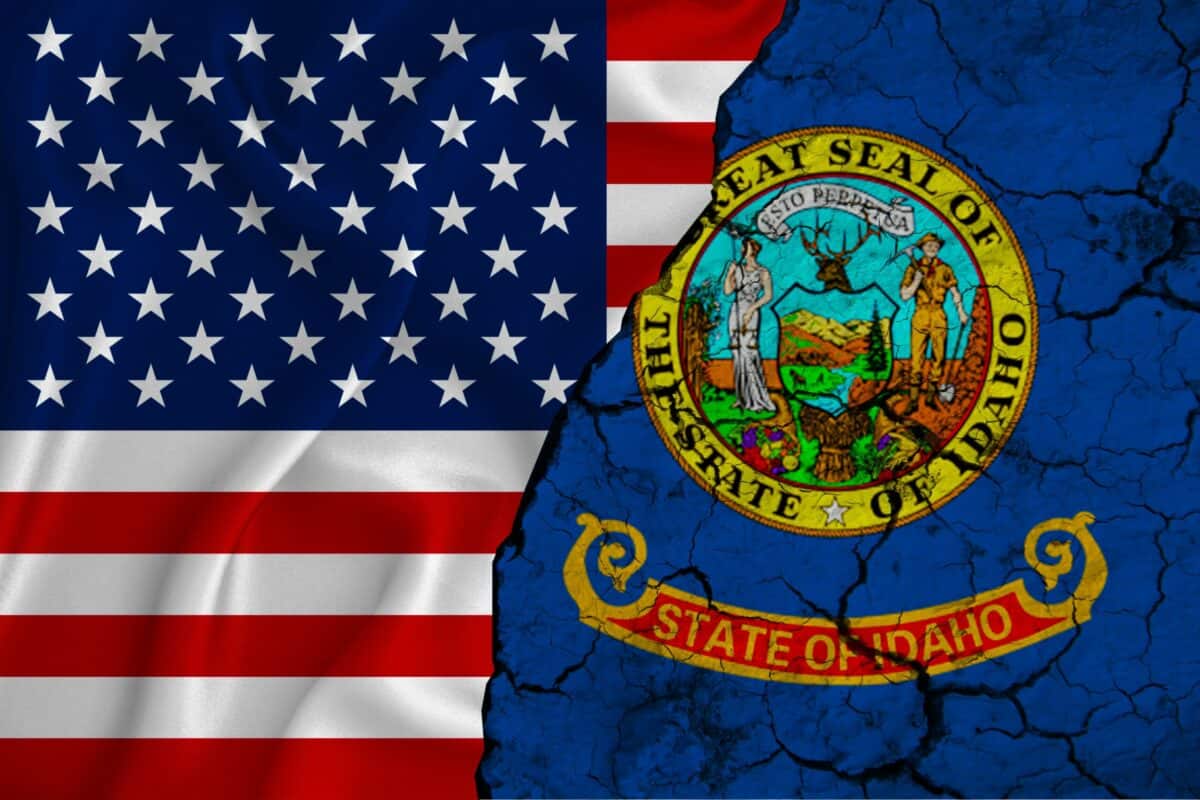By FOCUS, A Leonine Business
In case you missed it, some constitutional confusion happened in Idaho recently and it left us questioning executive orders and who can issue them. Republican Gov. Brad Little was away for a few days, in Texas, and left Republican Lt. Gov. Janice McGeachin to keep an eye on the state while he was away. You see, in Idaho, the constitution states that the lieutenant governor is “acting governor” while the elected governor is away. So, Lieutenant Governor McGeachin began acting as governor, including issuing executive orders and trying to mobilize the National Guard. The executive order issued on October 5 concerned banning COVID-19 vaccine passports and mandatory testing in higher education and K-12 schools. The lieutenant governor then attempted to mobilize the state National Guard to the Texas Border to offer assistance. The potential problem? McGeachin might not have legally been allowed to do any of that.
In Idaho, the governor and lieutenant governor don’t run on the same ticket. Lieutenant Governor McGeachin is currently running against Governor Little for the top spot, and Governor Little states he never authorized McGeachin to act on his behalf in this way, reports the Associated Press. Governor Little rescinded the executive order from the day before and could be preparing for a court challenge about who was in charge while he was temporarily in Texas.
This executive order issuing is not without precedence. In May, Lieutenant Governor McGeachin did the same thing; issuing executive orders while Governor Little was in Nashville for a GOP governor’s meeting, according to CNN. Governor Little later rescinded the orders. It is generally decided that the lieutenant governor is using the repeated power moves to score points in the election in 2022. Idaho is one of 17 states where the top two office holders run independently. Political watchers are typically more inclined to expect political power struggles from one party to another, especially around elections. However, this kind of power grab, likely to involve future power attempts and perhaps a court ruling, is very interesting as well. Idaho’s constitution may be open to different interpretation to the different parties involved and calls into question what can be expected via executive order from some states that may have future political rivals in top spots. Would businesses and organizations be forced into compliance for these executive orders?
FOCUS has the ability to track these orders and our analysts can explain the nuance of executive orders and how politics within the executive branch in any of the 50 states may greatly affect those executive orders.


